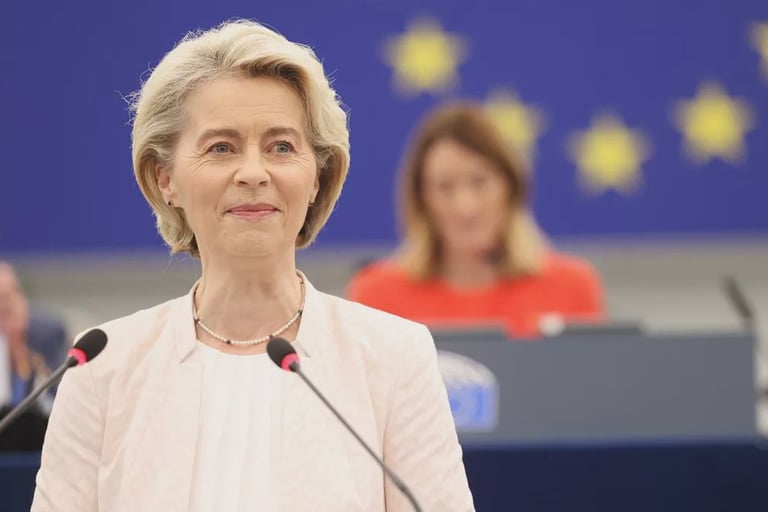1. Why talk about the EU at all? Isn’t the conflict between Israel and Palestine?
The EU is Israel’s largest trading partner. Billions of euros flow through trade
agreements, especially the EU–Israel Association Agreement.
2. How does the EU support Israel economically?
3. What about weapons?
True, the conflict is local — but the EU plays a big role internationally.
It gives Israel trade benefits, sells weapons, and funds projects.
For activists, boycotting the EU means pressuring it to stop enabling Israeli policies.
Several EU countries sell arms or military technology to Israel, which end up used in Gaza and the West Bank. Boycotting the EU highlights this complicity and demands an arms embargo.
4. Doesn’t the EU also fund Palestinians?
The EU does give aid to Palestinians. But this is humanitarian band-aids while the EU keeps supporting Israeli occupation policies through trade and diplomacy.
5. What is “constructive complicity”?
It’s when the EU criticizes Israeli settlements or bombings, but still does business as usual.
6. What does boycott mean in this context?
It means withholding support from EU institutions, companies, or products until the EU stops rewarding Israel’s actions. It’s modeled on boycotts that pressured South Africa to end apartheid. The top 5 European brands are : Mercedes (Germany), Louis Vuitton (France) and Ikea (Sweden), Gucci (Italy) and Rolex (Switzerland). One should focus on one brand and one brand only to make it more efficient. Mercedes is the brand that makes the most revenues in Israel and Germany is the European country that provides the most weapons to Israel too.
7. Has boycott worked before?
Yes. The anti-apartheid boycott in South Africa pressured governments and companies to cut ties, helping end apartheid in the 1990s. Eveyone sees a parallel to be made today.
8. But wouldn’t this hurt ordinary Europeans, not just politicians?
Boycotts always involve trade-offs. The point is to raise awareness and force debate inside the EU. If people feel economic or political pressure, they may push leaders to change EU policy toward Israel.
9. How does boycotting the EU connect to boycotting Israel?
Boycotting Israel (via BDS: Boycott, Divestment, Sanctions) is already a global campaign. Extending it to the EU targets the system that enables Israel. If the EU cuts its support, Israel will feel even more isolated.
10. What’s the bigger goal here?
Not to punish Europeans, but to force the EU to:
End preferential trade with Israel.
Stop arms sales and military cooperation.
Support Palestinian self-determination with action, not just words.
Boycotting the UE


